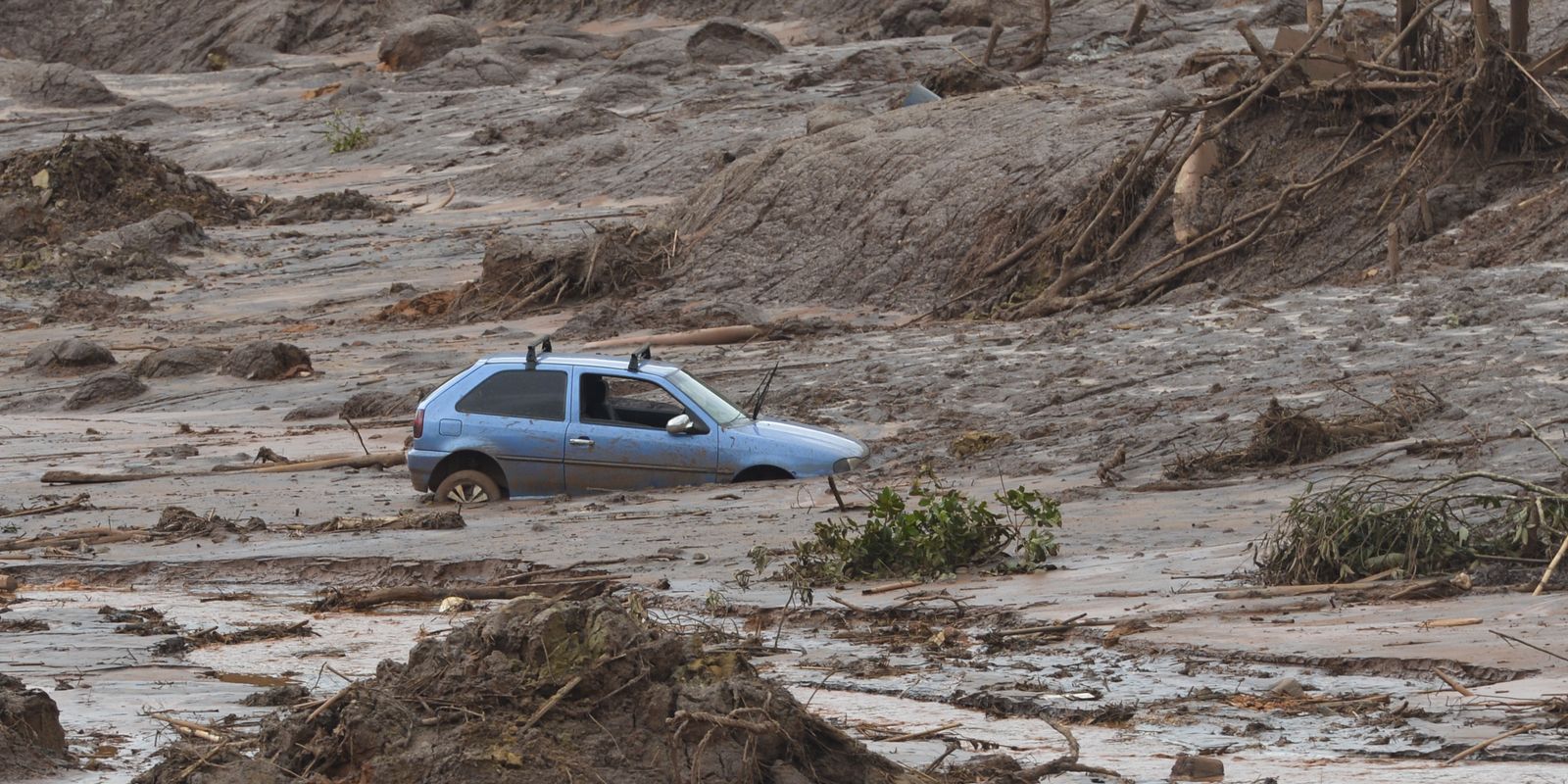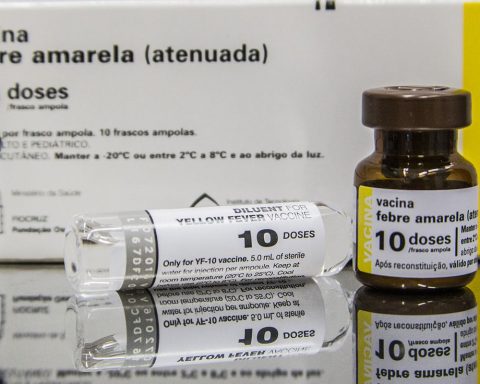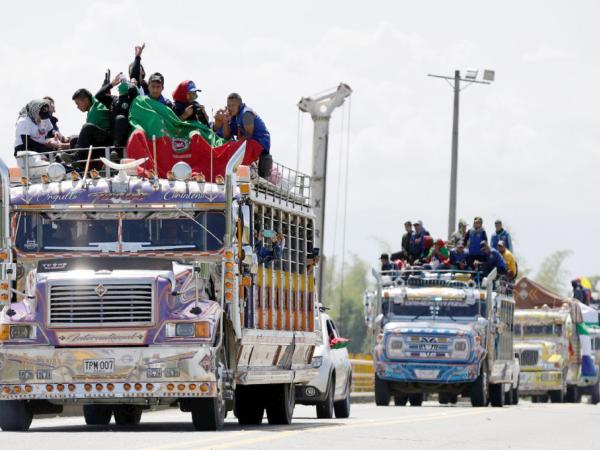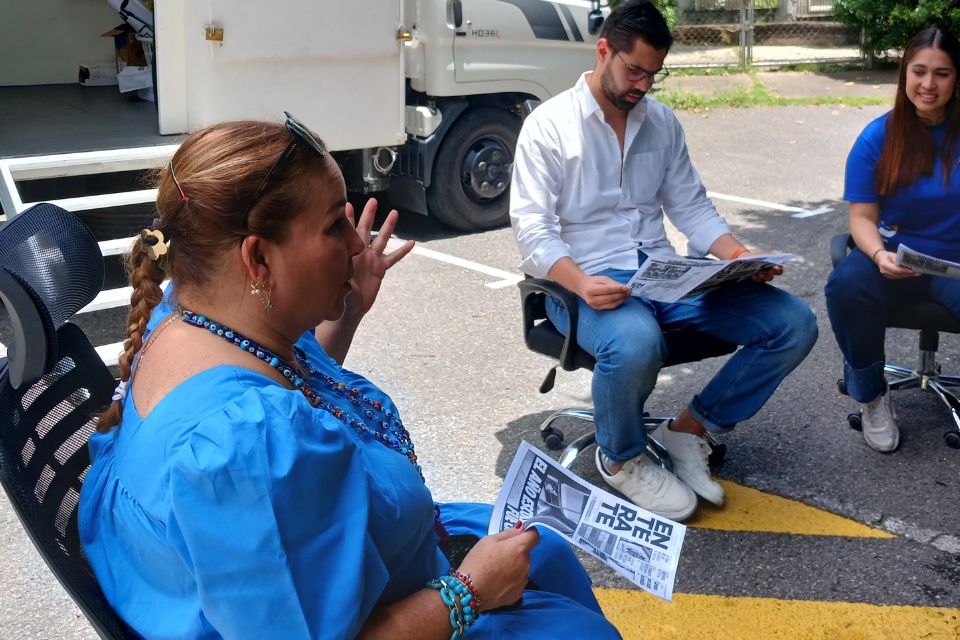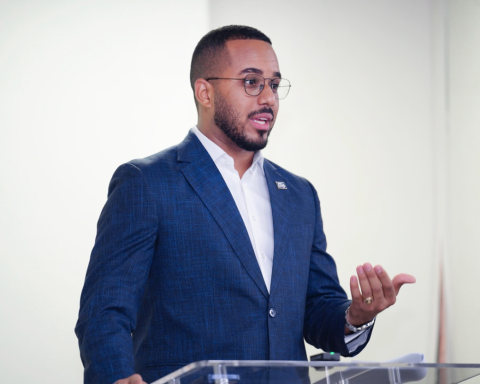Lawyers for the Anglo-Australian mining company BHP began, this Wednesday (23), their defense before the British court that judges the company’s responsibility in the collapse of the Mariana dam, in Minas Gerais, in 2015. This is the third day of the trial, which saw, in its first two days, the presentation of the thesis of the victims of the disaster, who seek to hold BHP accountable.
The dam belonged to Samarco, a joint venture between Brazil’s Vale and BHP’s subsidiary in Brazil, BHP Brasil. The Pogust Goodhead (PG) office, which represents 620,000 people, 1,500 companies and 46 municipalities affected by the dam collapse, argues that decisions at Samarco could only be taken with the joint agreement of BHP and Vale shareholder representatives. Furthermore, according to the victims, the BHP had prior knowledge of the risks that surrounded the dam.
BHP, in turn, refutes the allegations about the level of control that the company had over Samarco. “[A Samarco] has always been a company with independent operation and management. We continue to work closely with Samarco and Vale to support the ongoing reparation and compensation process underway in Brazil.”
According to BHP, its subsidiary in Brazil is working with Brazilian authorities to seek solutions for “fair and comprehensive” compensation and reparation. “BHP continues its defense of the legal action in the United Kingdom, which duplicates and undermines ongoing efforts in Brazil.”
The company will have two days to present its defense before the London court. In the next three weeks, it will be time for witnesses to testify in the case. Afterwards, experts in Brazilian environmental, civil and corporate law will be interviewed, in order to inform British judge Finola O’Farrell about how Brazilian laws work.
The forecast is that the trial lasts until March 2025 and another three months for the judge to pronounce the sentence. At this stage, it will only be decided whether or not BHP is responsible for the disaster. A new trial will be necessary to define possible compensation amounts, if the company is convicted.
